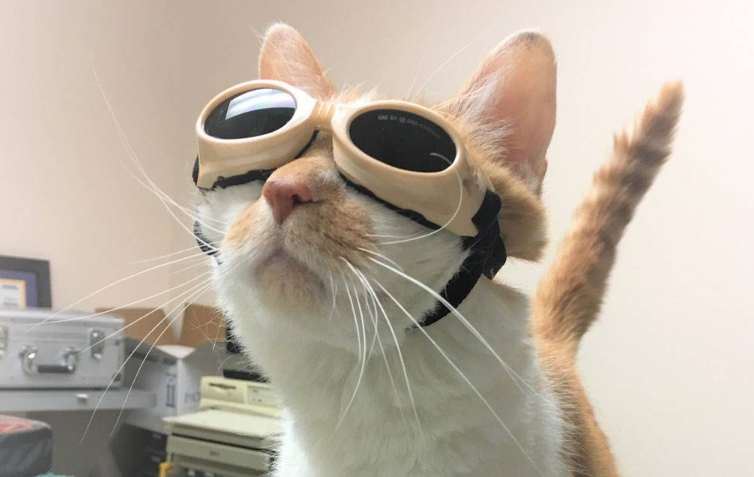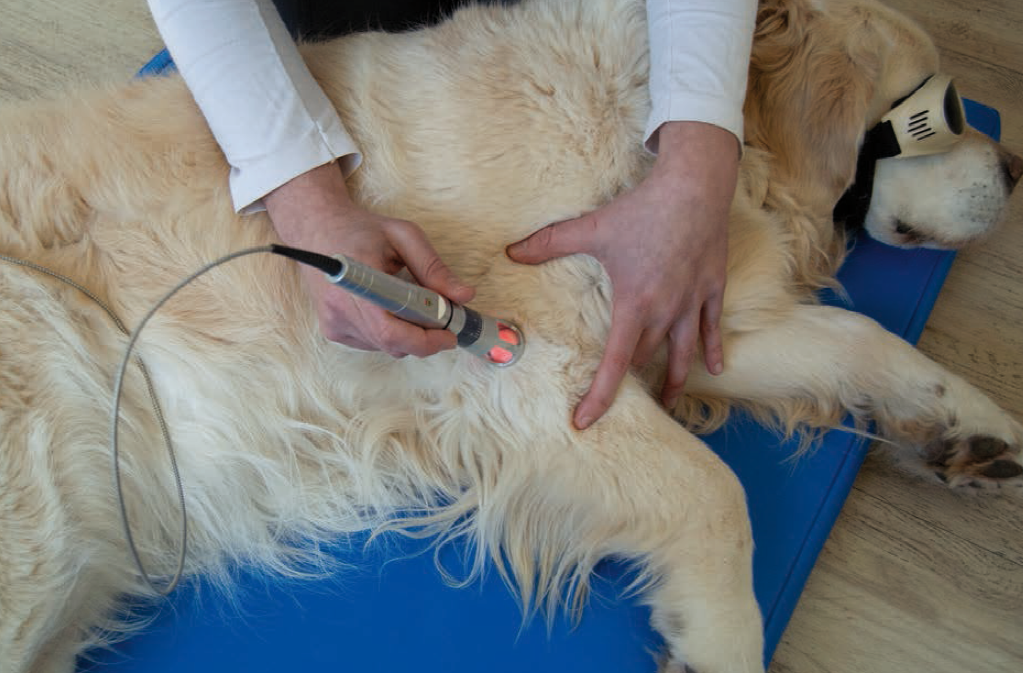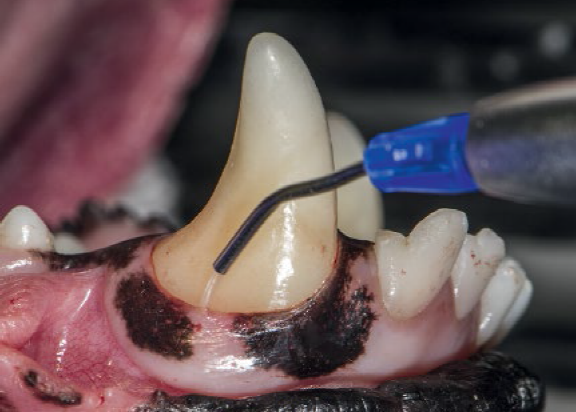Laser technology has numerous applications in veterinary medicine. Some common applications of lasers in veterinary medicine include:
1. Surgical procedures: Lasers are commonly used in veterinary soft tissue surgery due to their precision and ability to control bleeding. The laser beam cuts through tissue without crushing or tearing it, resulting in less pain, swelling, and bleeding. Laser surgery can also lead to faster healing times and fewer postoperative complications.

2. Wound healing: Low-level laser therapy (LLLT) is commonly used in veterinary medicine to promote healing and reduce inflammation and pain associated with acute and chronic wounds. The laser stimulates cellular activity, which promotes tissue regeneration and accelerates the healing process. LLLT is commonly used to treat conditions such as dermatitis, lick granulomas, and surgical wounds.
3. Pain management: LLLT can be used to manage pain associated with various conditions such as osteoarthritis, musculoskeletal injuries, and postoperative pain. The laser stimulates the release of endorphins, which are natural painkillers, and reduces inflammation and swelling.

4. Dermatology: Lasers are commonly used in veterinary dermatology to treat skin conditions such as tumors, warts, and fungal infections. The laser beam is used to destroy the abnormal cells, resulting in faster healing times and minimal scarring.
5. Dentistry: Lasers are commonly used in veterinary dentistry to perform procedures such as gingivectomy, tooth extraction, and periodontal therapy. The laser beam is used to remove the affected tissue with minimal bleeding and discomfort.

6. Oncology: Lasers can be used in the treatment of tumors, either alone or in conjunction with other cancer therapies. Laser therapy can be used to destroy cancer cells, reduce tumor size, and alleviate pain associated with cancer.
Overall, the use of lasers in veterinary medicine offers a safe, effective, and non-invasive alternative to traditional treatment methods. Veterinary laser therapy has been shown to improve the quality of life of animals and speed up the healing process.